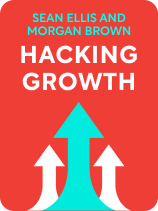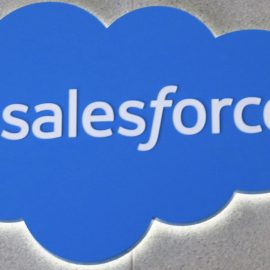

This article is an excerpt from the Shortform book guide to "Hacking Growth" by Sean Ellis and Morgan Brown. Shortform has the world's best summaries and analyses of books you should be reading.
Like this article? Sign up for a free trial here.
What are some things you should consider when putting together a growth hacking team? What roles should your growth team include?
A dedicated team is a key component of hacking your business’s growth. According to Sean Ellis and Morgan Brown, a growth hacking team should be interdisciplinary and involve members from multiple departments of your business.
Here’s how to build a successful growth hacking team that will help you skyrocket your business’s development.
Growth Teams Are Interdisciplinary
According to the authors of Hacking Growth, you need a dedicated growth hacking team whose sole purpose is to find and capitalize on your business’s opportunities to grow. This is because the modern business environment is increasingly competitive, fast-paced, and prone to disruption. As such, you can’t afford to treat growth as a side project—instead, treat it as central to your success.
The authors say that growth hacking can involve changing various aspects of your business, from marketing and sales to product development and software engineering. Given this, a growth team must be interdisciplinary and include the following roles at a minimum:
- The growth lead: This is the team leader who runs meetings, keeps people focused, and reports to higher ups about the team’s work.
- The analyst: To drive growth with data-based insights, someone who’s well-versed in data analysis should participate. She’ll work with the growth lead to generate key insights.
- The product manager: This person keeps your growth efforts in-step with your product, and provides perspectives on branding and product development.
- The marketer: Your marketer brings expertise in consumer psychology, copywriting, brand messaging, and more. All of this helps you find and exploit growth opportunities.
- The engineer: In an increasingly online world, you need skilled software engineers. An engineer will speak to the technical side of your proposed hacks and code them.
Each of these roles brings unique skills and perspectives to the table. According to the authors, putting them together increases creativity, innovation, and your team’s ability to deliver an exceptional user experience from top to bottom.
| Find Common Ground As the authors argue, creating interdisciplinary teams is one of the best ways to improve the flow of information and expertise throughout your business. Interdisciplinary teams work beyond just growth teams, too—they’re also increasingly common in health care and in science. However, collaboration between skilled workers with different backgrounds isn’t always easy. People with different skills and sets of knowledge can struggle to understand other people’s perspectives and ways of thinking, which can lead to arguing or disagreements about what to do. One key solution is to find common ground—for instance, by reminding everyone that you all share common goals. In addition, try to minimize your use of jargon and complex concepts unique to your skills when communicating with people from other backgrounds. If you’re a data analyst, for instance, your marketer doesn’t need to understand the nuances of MySQL (a database used for web apps and sites). Just explain clearly the insights you found in the data. |

———End of Preview———
Like what you just read? Read the rest of the world's best book summary and analysis of Sean Ellis and Morgan Brown's "Hacking Growth" at Shortform.
Here's what you'll find in our full Hacking Growth summary:
- Why the old approaches to marketing no longer work in a high-tech world
- How to rapidly increase your revenue and grow your business
- A step-by-step guide on how to use the growth hacking method






